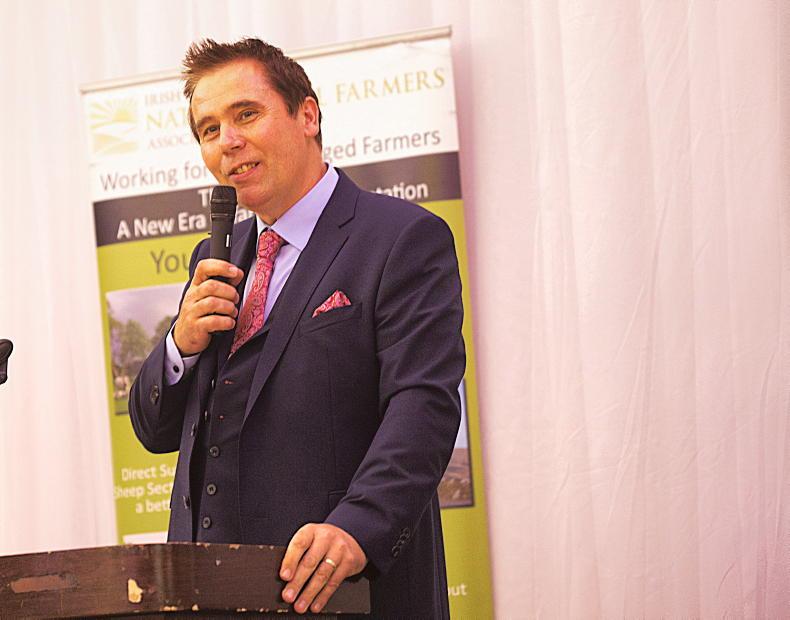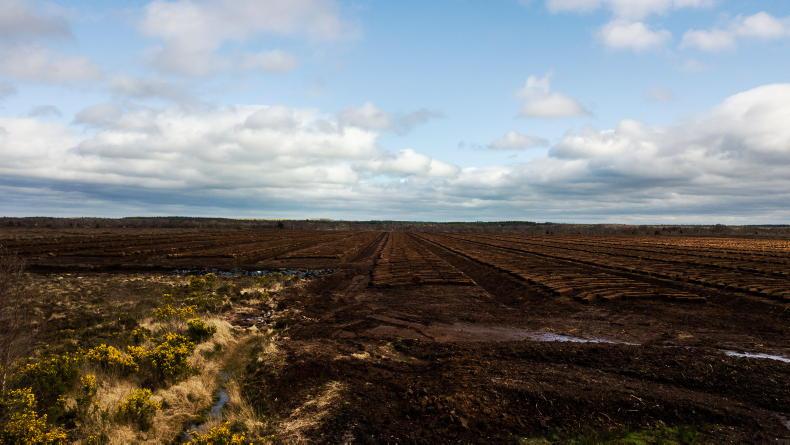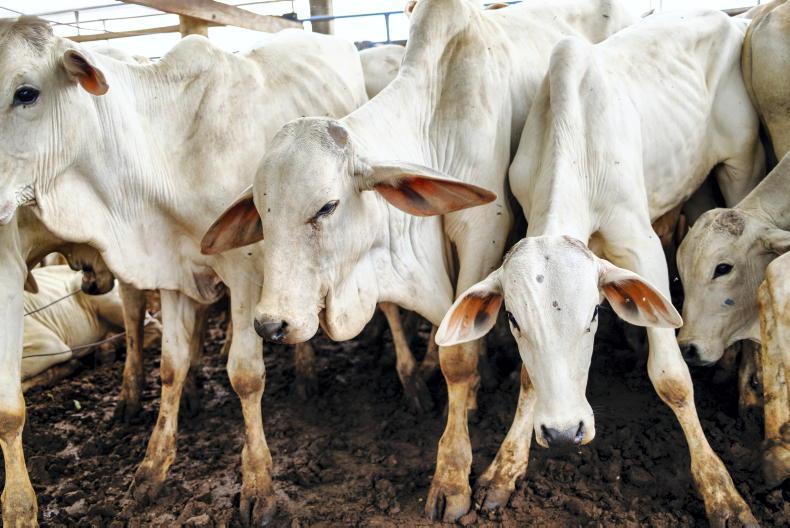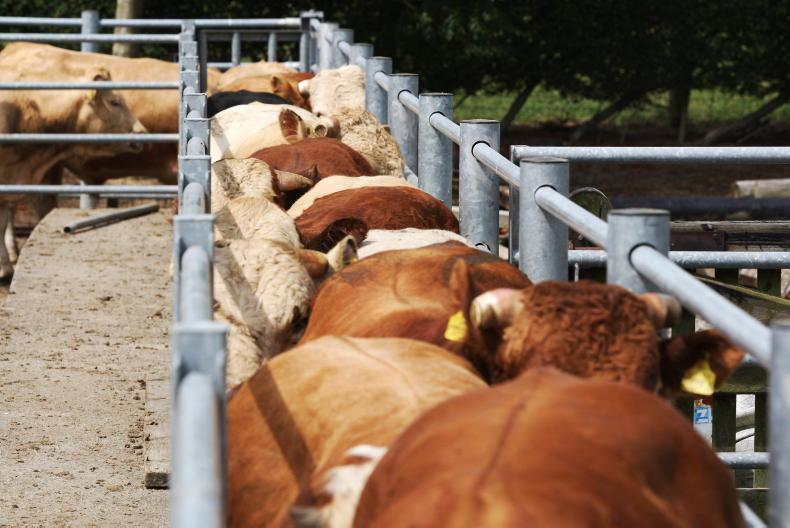The primary beneficiaries from the new Agri-Environment Climate Measures (AECM) programme must be the natural environment and farmers, the Irish Natura and Hill Farmers' Association (INHFA) has insisted.
The scheme cannot be allowed to become, by default or poor design, an income support for ecologists and agricultural advisers, the hill farmer body maintained.
INHFA leader Vincent Roddy said the actual returns available to farmers under the AECM should also be outlined as a priority, so that land owners can assess whether or not to join the scheme.
The €1.5bn funding announced by Government for the flagship environmental package has been widely welcomed by the farm organisations.
Clarity needed
However, Roddy said clarity was needed around the structure of the scheme, which is being delivered in two distinct sections, and on the payment levels that farmers could expect from the programme.
“It’s all very well talking of a maximum payment of €10,000 and an average payment of €7,500, but if farmers end up paying a substantial part of this for advisers and ecologists on a yearly basis, then there will be a problem,” Mr Roddy said.
“If the scheme is going to work, then farmers need to be motivated, which won’t be the case if they feel they are overworked and under-paid,” he added.
Some 20,000 farmers will be targeted in the first section of new scheme. Farmers will be expected to work in conjunction with other farmers to deliver broad environmental projects and landscape measures.
The second section aims to include 30,000 applicants working on an individual basis. Farmers can only take part in one section of the scheme.
Co-operative projects
The INHFA pointed out that the co-operative projects, which will be undertaken in high-priority geographical areas, will need a significant administration requirement, as they are results-based initiatives.
“This poses two immediate questions: are there enough advisers and ecologists to ensure the work can be completed in the required timeframe; and what will the cost be and who pays for this?” Mr Roddy said.
Mr Roddy noted that the make-up of the new CAP meant the workload on advisers was likely to increase significantly.
“In relation to the new BISS and the eco scheme, the heavy lifting to explain the new requirements will fall to the farmer’s adviser,” he pointed out.
Similarly, the new knowledge transfer scheme will require a high input from advisers, Mr Roddy said.








SHARING OPTIONS